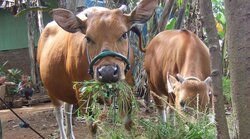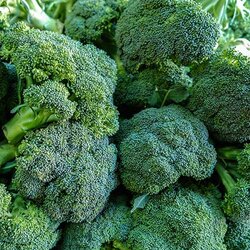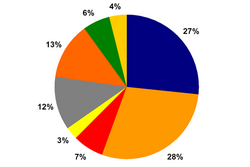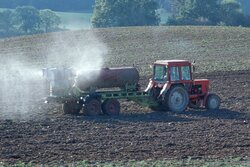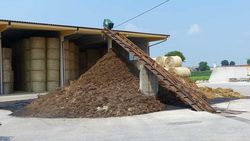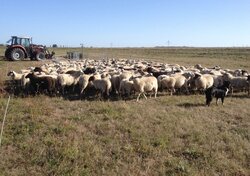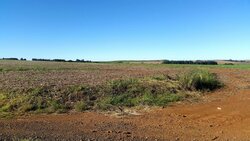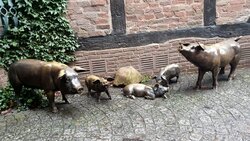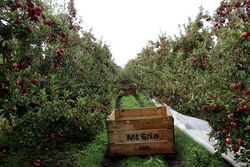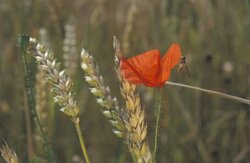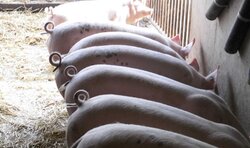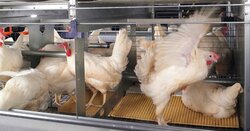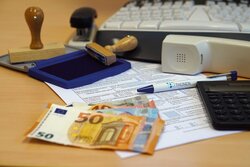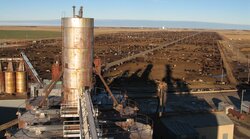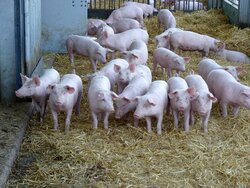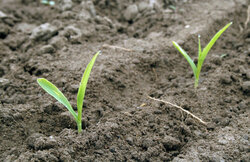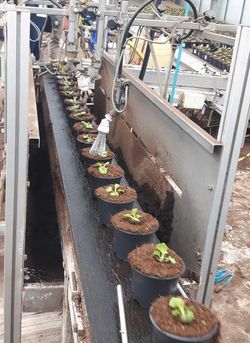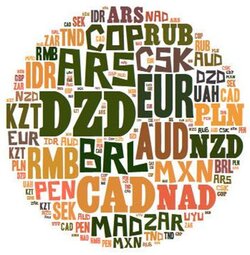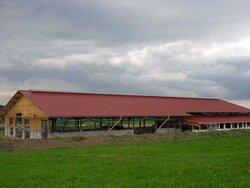Maintaining and improving the competitiveness of our agriculture plays a paramount role in the decision making process of companies, politics and society. Competition exists within a sector on the product level – for example in cereal production – between farms, regions and countries. Competition also takes place between sectors, mainly for the production factors labour, land and capital.
In the Institute of Farm Economics we consider competitiveness first of all from the perspective of the production system and the farm. We build our analysis bottom-up, in other words with the analysis of production systems. That is, we can not only reflect prices, costs and profitability but also quantities. This helps a lot to explain differences in competitiveness. We also go beyond farm-level analysis by reflecting the natural, political, legal, economic and structural framework conditions as explaining variables. For this purpose, the global agri benchmark Network, which is lead by our institute, serves as the main instrument for the analysis.
More precise, we address the following questions:
- How competitive is the production of the most important agricultural goods in Germany in the international comparison?
- What are the main determinants for the competitiveness and their differences between farms, regions and countries?
- How did prices, cost of production and profitability evolve in the course of time?
- How do legal framework conditions impact on the level of production costs?
- How will competitiveness most likely develop in the future?



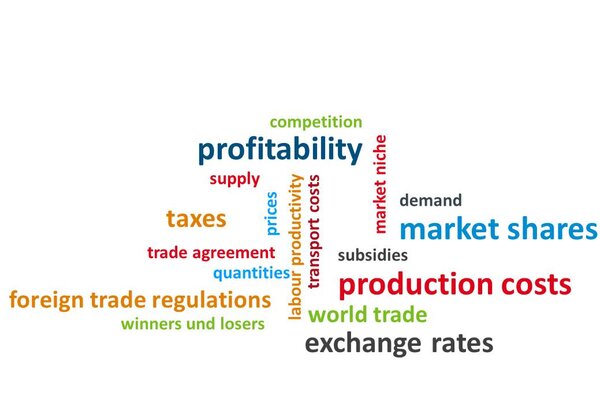
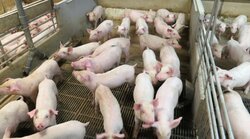
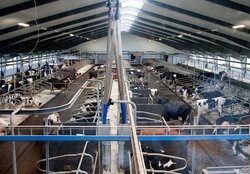
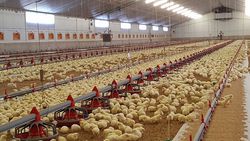
![[Translate to English:] CatchHedge - Carbon sequestration of hedgerows and field copses](/media/_processed_/a/f/csm_CatchHedge_DSC_0275_3060ddf19f.jpg)
![[Translate to English:] Cost of pig production](/media/_processed_/0/4/csm_773_Produktionskosten-Schweinefleischerzeugung_agri-benchmark_dae6c3440b.jpg)
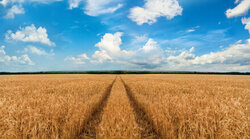
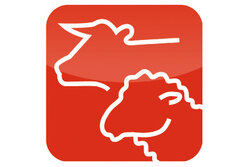
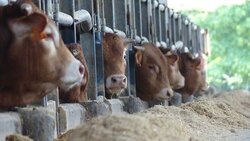
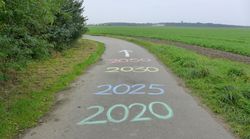
![[Translate to English:] International competitiveness and further development of production systems in arable farming](/media/_processed_/2/5/csm_2460_ipl-272__Fotolia_167128134_L_large_3f2a202092.jpg)
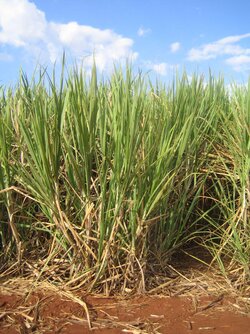
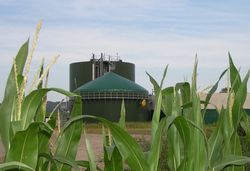
![[Translate to English:] Structural change and competitiveness of the German horticultural sector](/media/_processed_/d/d/csm_1469_Gemuese_2021_600-dpi_groesser_3000_4bdfd29c63.png)
